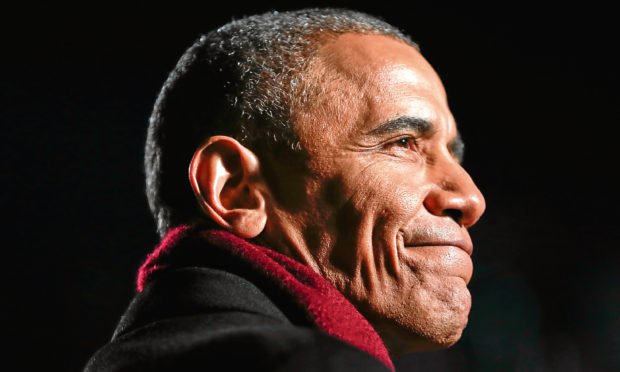Welcome to the post-truth era.
It no longer matters if what you say is accurate. Instead, what you say simply needs to have impact and to resonate with people who will believe you because they want to. Tell them what they think they already know.
No, they won’t check your facts. They’ll just click and share. Even if they find out you said or wrote something that was false, intentionally or otherwise, it doesn’t matter. You can still make a handsome living from attractive lies and perhaps even ascend to high political office.
I am, of course, referring to the fact that Oxford Dictionaries chose “post-truth” as the word of the year.
Even ignoring the troubling irony that it is arguably a phrase, the selection still put a chill down my spine, perhaps more so than Dictionary.com selecting “xenophobia” as its 2016 word. It’s been quite a year.
I have two professional rules: tell the truth and read the paper. If you do those things, even substituting “reputable digital news source” for “paper”, you can be a pretty good journalist. Integrity and accuracy take you a long way.
That’s why so many of us in the media are struggling with the new politics of the right and the left, where the clamour of misinformed fear and hatred is drowning out reasoned, fact-based debate.
It’s fed by social media and the ease of spreading lies among networks of people who often don’t even read past the headline.
Was Obama born in the US? Just suggesting he was not will attract followers, clicks and revenue.
Are all Muslims dangerous? Of course not but suggesting it will get you votes. The list goes on.
It’s a troubling direction and I can see no way back. As long as the stupid and nasty – who always existed but are now more visible – are given a platform, lies will be big business.
But maybe I’m wrong. Do you believe me? I could be making all of this up. I still get paid either way.
Or you could think for yourself and read up on it.
